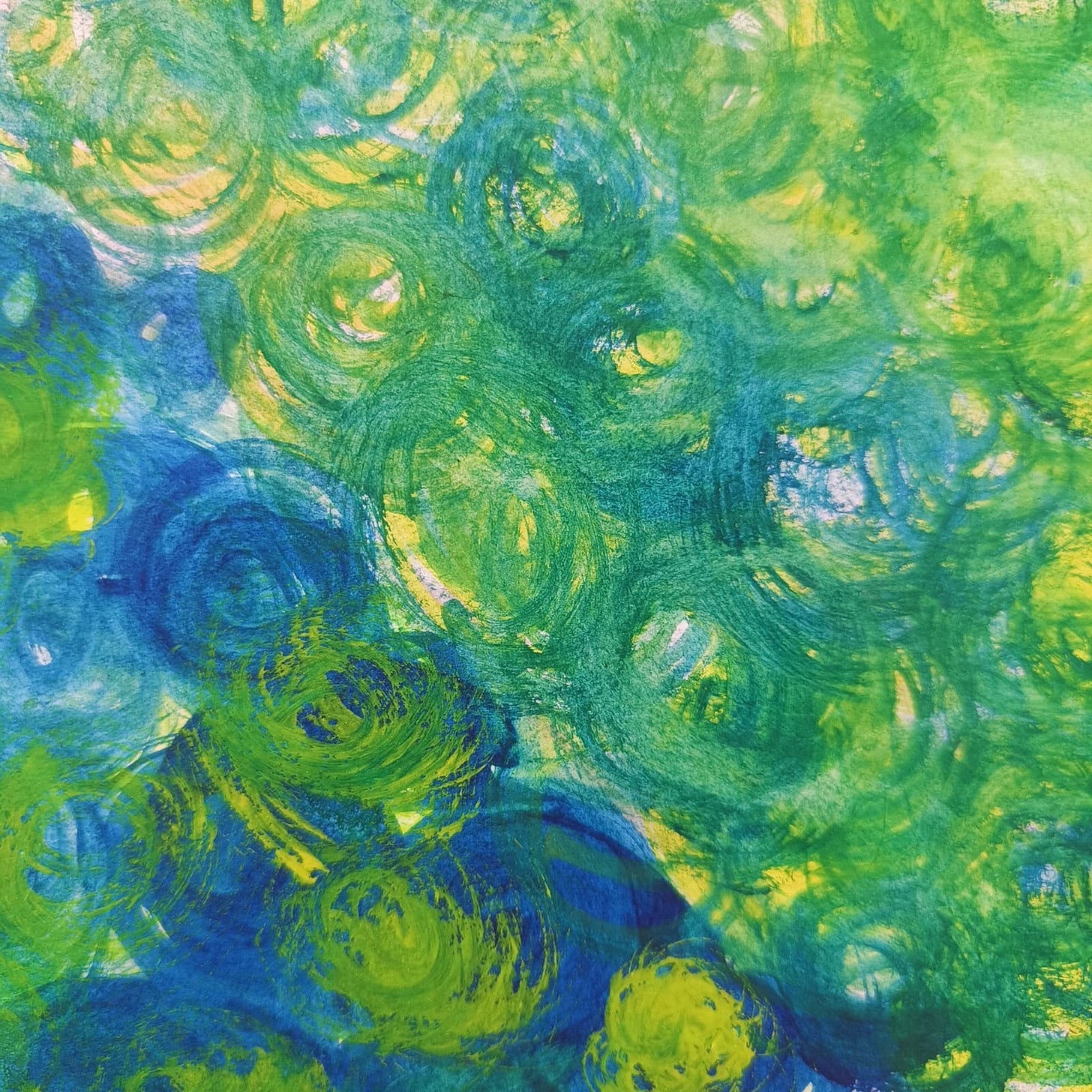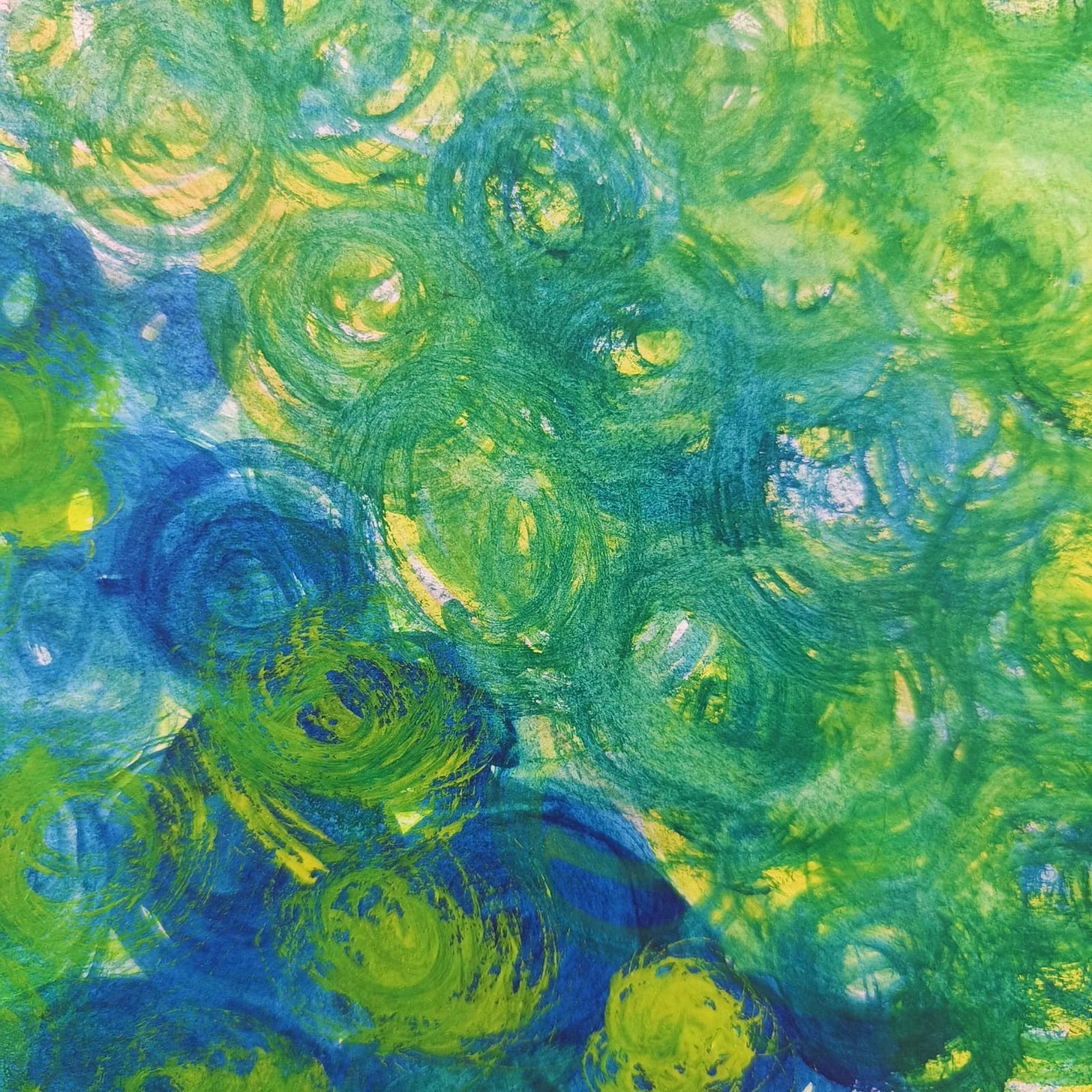I didn’t say this in a workshop recently, when asked for my favourite Urdu word. Here is a list topper -Nazla (cold, sniff sniff). My seasonal mucous filled suffering has never quite sounded as poetic. The year I learnt the word, I used it with annoying frequency. Nazla – so delicate and graceful. But that’s the thing with Urdu right, Haiza sounds beautiful too, as does Marz.
Ek dilliwaali ke liye, Urdu is a bit like these infections: always lurking around and catching you at the most inconvenient times. Just when you think you’re safe, there comes riding on the breeze a sher or a ghazal and suddenly you are flying or drowning. You realise on recovery ki sher tho aadha hi samajh main aaya tha! Poora aaya hota tho kya hi hota !
For all the shers and ghazals in the air, my hesitant fondness and light annoyance with Urdu only came of age in the corridors of Jamia. I loved the way Tarannum spoke so gently, that even Hindi and English sound like Urdu from her. Another colleague spoke a less formal, more slangy, twangy lilt of her hometown Urdu. She layered it with a childlike flirtyness in a way that was exclusively hers. Despite him being an aval darje ke MCP, the Urdu that came from Salim bhai’s mumbling mouth, made me smile. When I had to convince him to do half a task that was part of his job, the detours he took me on, the excuses he made, was also what endeared Urdu to me. I also exhaled through the poetry of Gulzar, in its absolute soft bearing of heft and wisp. His books on my shelf were the ones I touched most gently.
But waise tell me how does Urdu come to you (apart from film music i.e.)? Probably through its poetry and probably that of a male poet? It usually is that which catches our ear, a male poet, his pain, his love, ya phir his siyasat se jung.
Before I had any real grasp of Urdu (I still don’t at all) —and I was (still am) wrestling with my fear of reading and writing in Hindi—I began casually looking for female Urdu poets. I picked up a copy of Kalam-e-Niswan, to see what women were writing about years ago. I sat, finger under each word, halting, enunciating, halu halu. But na, that did not get me anywhere. I went to a few mushairas with only women poets. I lacked the mettle to pursue this language and the women poets.
The thing about Urdu for those like me is also that it will find you when you discover love and nashe. In your circle a few would have workable knowledge and recite sher after sher. Someone would sing out a 2 ghazal repertoire without understanding half the words. Baaki jazbaat tho thoda bahut samajh aa hi jaate thay. The remaining night would pass with aadha sher iska and dedh sher us ka type mix ups. Sabne DD pe Mirza Ghalib dekhi thi. Jagjit, Chitra aur Ghalib ka combo matlab a night of partying would pass by and by the end of it a sher of one ghazal would be clinging to the belly of another – and the foot of one would be lodged firmly in the behind of another! Tell me we were not the only one to have them all mixed up by the end of the night!
But high or sober whenever I tried to look through that haze of poetry lying about, I found sad men, drowning in self-pity or others praising the tabahi experienced in love. They reminded me of Devdas and the opulent pity for self and the least regard for the object of one's affection. The objects of their affection were hidden behind their love for them. I never really saw the lover.
Is poetry, sher o shayari, fact or fiction? Sometimes I am drawn to believe all these she’s and wohs were mythical- the bewafa, the tormentor, the one that went away with koiee aur, was all a creation for the sake of the poetry. I want to tap that old man shayar on the shoulder and say “Amma yaar bas bhi karo, thoda khuda se daro, she has moved on thoda, aap bhi karlo.”
So when my favourite people announced an Urdu se Dosti workshop, I let out a little groan. Hai! I will not be part of this experience I thought. I was very curious though, because I have full faith in their ability to facilitate lightness and fun. BUT it is also true that I have always shed a tear or 99 in every workshop led by them. I had already felt like a gut se response at a teaser of this workshop that I had attended earlier, it had left me buzzing and it could go either way—excitement or melancholy. I was already leaning towards the heavy in some languages and I so did not want Urdu chasing me down a hill and making me cry. Nor did I desire an overdose of sanjeeda shayari in a sober state. Phir aaya ek ishara and in minutes I decided to trust the process and say hell yes. Shame with inadequate Hindi and experiences with sanjeeda poets aside, one must respond to the call of love nai?
I found a delightful, warm, and hilarious threesome leading a bunch of nervous geese into some fun with Urdu! Most of us came with ifs and buts and disclaimers. We took those hesitations crafted poems that sparkled with earnesty, softness and hope. We talked about dosti, pyar, badhazmi, Pakistani serials, home, poetry, and mixed all of this with English and Hindi and made spirited avial out of it!
Post workshop, I heard a ghazal or two, wondered about how to find more accessible women shayars. I realised that in the last purge I gave away most of my Ghalib and and all of Gulzaar and Kalam e Niswan ; I heard a bit of Basheer Badr and Jaun Elia. I added a note to look up Rekhta recordings to find those women poets and my Khwaab Tanha post cards.
Thank you Vimal,
and an extra special one to Natasha for the gentle gifts and nudges!Oh wait – another word I have loved and kept searching for distractedly during the workshop was Musalsal. The time I had figured out what this salslal word was and its meaning, gaadi main hafte bhar bas yahi gaana baja hoga.
“Dil keh raha hai use musalsal kar bhi aao
Woh jo ruki si raah baaki hai
Woh jo ruki si chaah baaki hai”
P.S - Looks like Nazla Musalsal hai.
There is one more workshop this October (26-27) - go grab your seat at
Also tell me about your scene with Urdu? Kaise mile, kya laga, ab kya chal raha hai?








Behadd umda… mohatarma moley!!!!
Roshni yaar, kitna pyaar karwaoge mujhse 🥰🥰🥰
What an extraordinary umdaa piece of writing. The search for self and other parts of the world through the trail of Urdu words